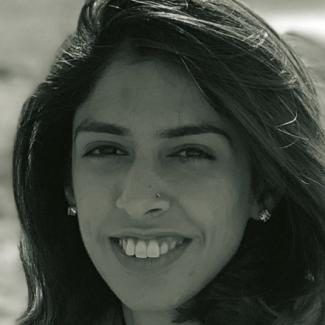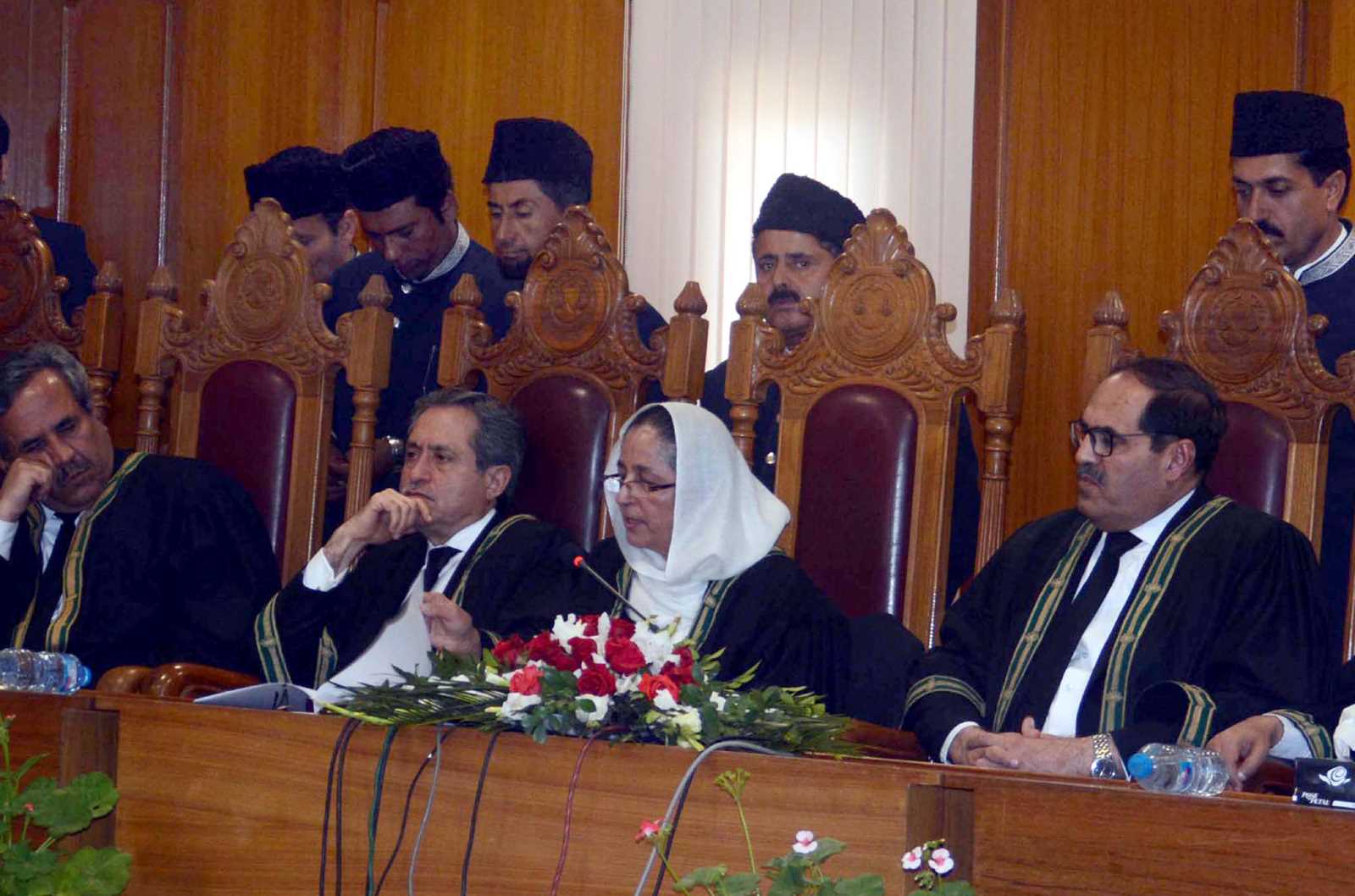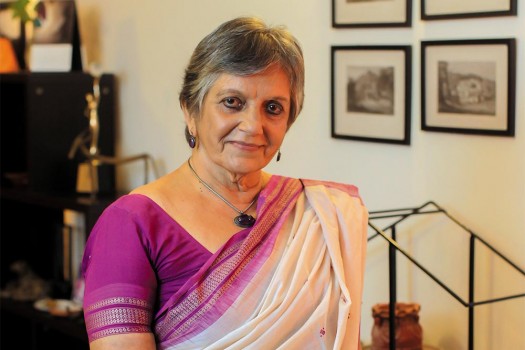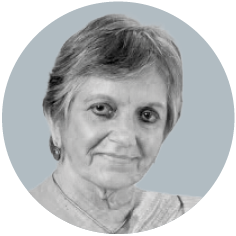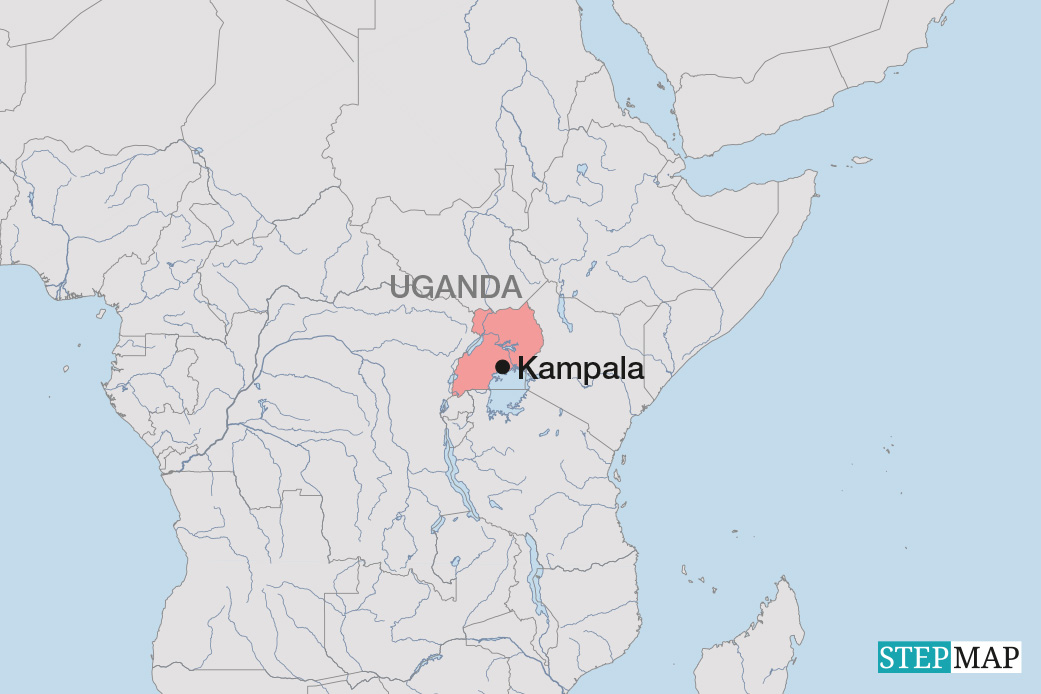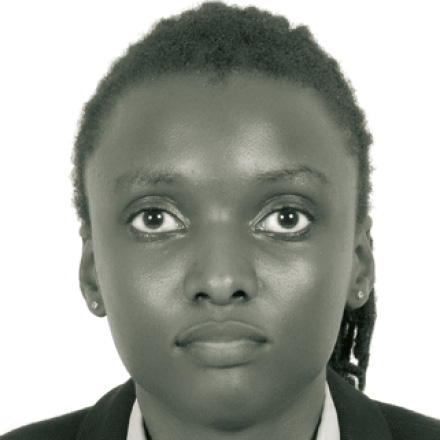Gender justice
Pakistan is slowly moving towards gender justice
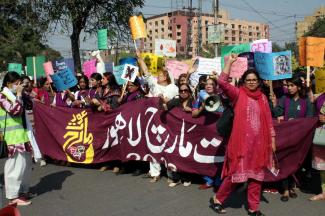
Aurat March (Women’s March) is an annual event in Pakistan. On 8 March, the International Women’s Day, rallies take place in all major cities against gender-based violence and discrimination. Participants also demand greater mobility and more opportunities.
Indeed, they have ample reason to protest. Gender disparities are substantial in Pakistan, though things differ somewhat from place to place. In urban settings, opportunities regarding education and employment are generally better than in rural areas. However, even urban women must cope with recurring issues such as harassment, and poor transport infrastructure limits their access to various places.
Illiteracy is a major problem that particularly affects girls and women. However, education as such is not necessarily a guaranteed path towards women’s emancipation. One often finds educated people holding rather misogynistic views, and conventional gender roles confine women to the household. Even open-minded families often struggle to overcome gender stereotypes. One reason is that there are too few childcare facilities, so mothers cannot stay fully employed. The lack of maternal leave is another problem. Things like this make financial independence difficult to achieve.
Why Pakistan’s society is so far away from gender justice is a matter of debate. Some explanations point to cultural reasons, others focus on religion and yet others stress historical issues. All of these factors play a role.
Around the world, traditional norms tend to be particularly strong in villages, and they typically are biased against women.
Islam is a multi-facetted faith, and Muslim identity politics certainly has an anti-women edge. This was particularly evident under the rule of Muhammad Zia ul Haq, a military dictator, from 1977 to 1988. His was an agenda of Islamisation. However, his repression did not prevail. A few months after his death in an airplane crash, Benazir Bhutto became the Muslim world’s first female head of government.
Colonial rule made things worse
The full truth, moreover, is that European imperialism contributed to restricting women’s liberties in the colonial era. Victorian norms still shape Pakistan’s rape laws, for example, which hardly protect victims from sexualised violence. The ruling of colonial British judges generally show that they did not recognise women as independent human beings with agency and autonomy of their own.
Indeed, South Asia had seen powerful women in positions of authority before British rule. They were influential members of royal families and sometimes ruled as ranis (queens). Moreover, the colonial power systematically underestimated the status and respect some women enjoyed. For example, the twaif at Mughal courts were not simply “courtesans” or “prostitutes”, as the British believed. They were among the highest taxpayers, trained in the arts and generally held in high esteem. In the subcontinent’s first, but failed, liberation war of 1857, many twaif supported the insurrection. They were harshly punished afterwards. Unfortunately, the image of these women today is still marked by the arrogant attitude of the former colonial masters.
Underrepresented in government institutions
Today, 75 years after Pakistan was founded, women remain underrepresented in government institutions. That is true of judicial, legislative and executive bodies. Progress is noteworthy, nonetheless. For example, a few female judges have risen to positions of considerable influence.
The constitution reserves seats for women in the federal and provincial legislatures. From 2008 to 2013, Fehmida Mirza served as Pakistan’s first female speaker of the National Assembly. She also established the Parliamentary Women’s Caucus in 2008, which has been instrumental in uniting women from different political parties to push for meaningful reforms. Results include more stringent legislation regarding honour killings or tribal practices in which women and girls are traded to settle disputes.
On track towards gender parity in top-level administration
The most striking progress, however, may be that the Central Superior Services (CSS) is moving towards gender parity. The CSS is the elite cadre of officials in the national bureaucracy. It recruits its members in annual competitive exams, and female applicants obviously perform well in this merit-based system. In recent cohorts, gender parity was achieved, so the CSS’s 10 % quota for women is not really needed at this point.
Women’s success in CSS exams reflects a more general trend. Large numbers of female students are graduating from higher education. As a result, the number of women teachers in primary and secondary schools is growing. The same is true in health care. Admissions for medical colleges are very competitive, and women are progressively faring better than men.
Indeed, some now demand a protective quota for male applicants. They argue that too few of the women who graduate keep practicing medicine in the long run. The main reason, of course, is not that women do not want to work, but that mothers face serious obstacles such as lack of day-care facilities, adequate public transport and a generally more empowering social environment.
Conclusion
Pakistan is a diverse society, composed of a mix of cultures. Islam is the dominant religion, but various practices that affect women do not emanate only from the faith. Tradition and culture matter too, and the attitudes of colonial power compounded problems. Progress is possible – and necessary, given that inequality makes the current economic and political crisis worse for women and girls. The good news is that progress is evident in some important areas.
Marva Khan is assistant professor of law at LUMS (Lahore University of Management Sciences) and co-founder of the Pakistani Feminist Judgments Project.
marva.khan@lums.edu.pk
